Opening reception at Open Space Aarhus
Open Space Aarhus is the venue for our FSFE Fellowship meetings i Aarhus, and it just moved to a new location just opposite the university’s departments of computer science and digital design.
The site’s chairman Flemming started the event by explaining the meaning of the term “hacker” in “hackerspace” and its value in modern society, and that meant explaining the value of free software.
Among other things, including of course the ins and outs of the hackerspace itself.
As can be seen, quite a lot of people showed up for the reception – many of which we had never seen before (this was of course the whole point of having the opening reception).
The new hackerspace has lots of working space
… electronics room, dirty room, even a home-built laser cutter and CNC machine
… people doing fun and geeky stuff who like to tell people how they did it …
… all in about 200 square meters of semi-industrial building bang in the middle of the university’s computer science campus and the related science park with many startup companies.
I’m quite excited about the possibilities of this new hackerspace, both as a regular member and as a coordinator of the local FSFE group. And so is everybody else. It seems like the right place at the right time, and the location can hopefully attract many new and interesting free software and freedom-in-general related activities here in Aarhus.
Update: I uploaded some more photos from the event to a Flickr set.
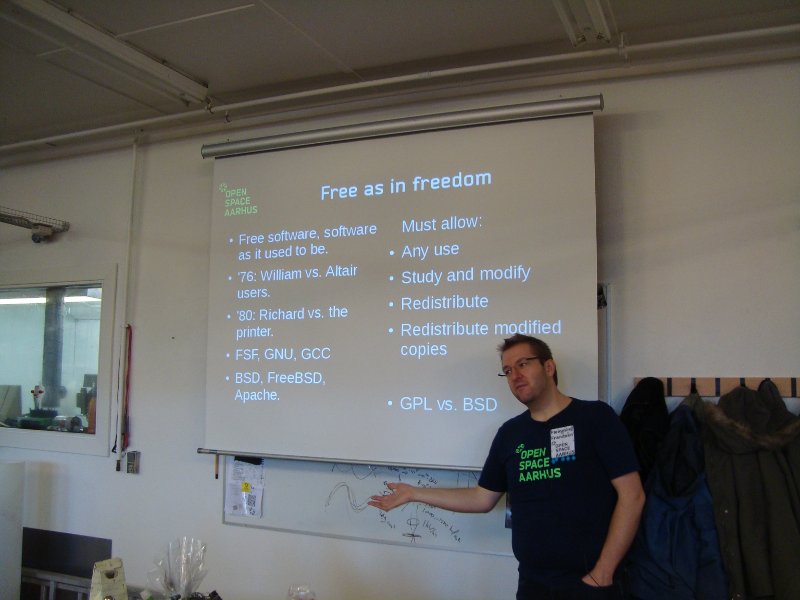
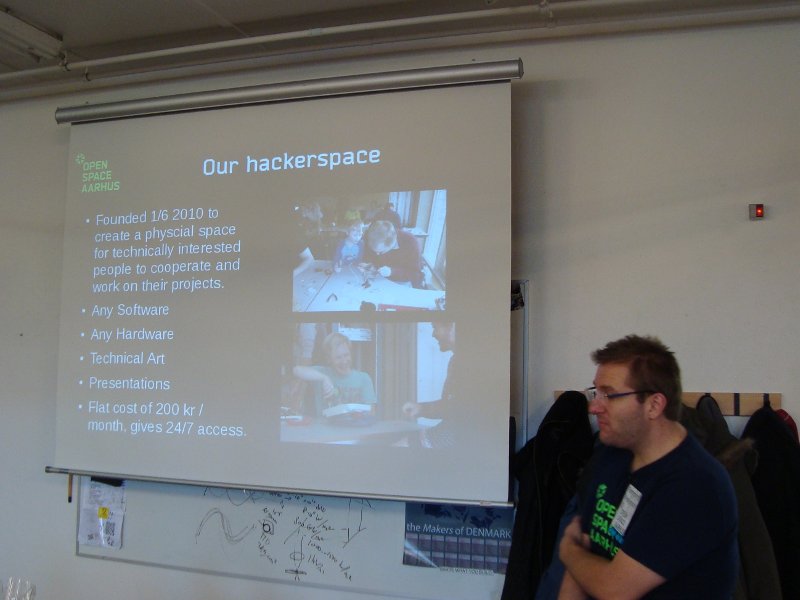
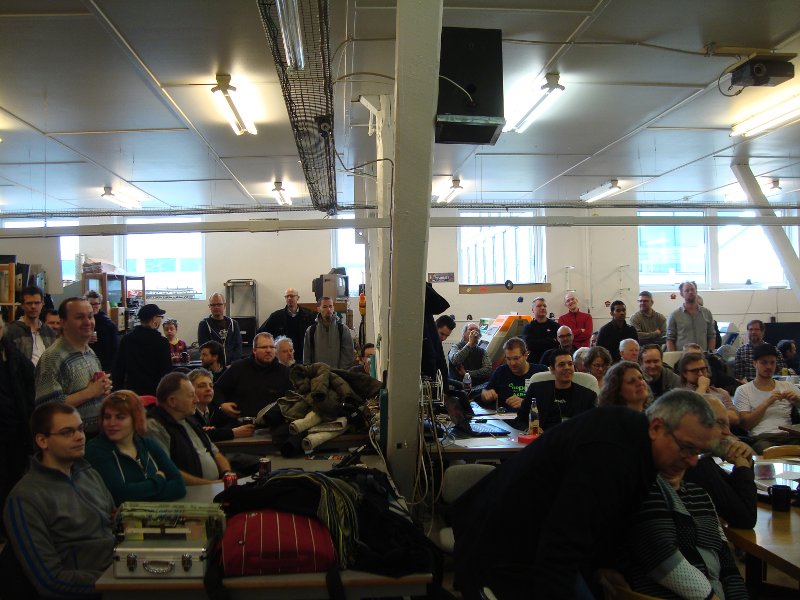
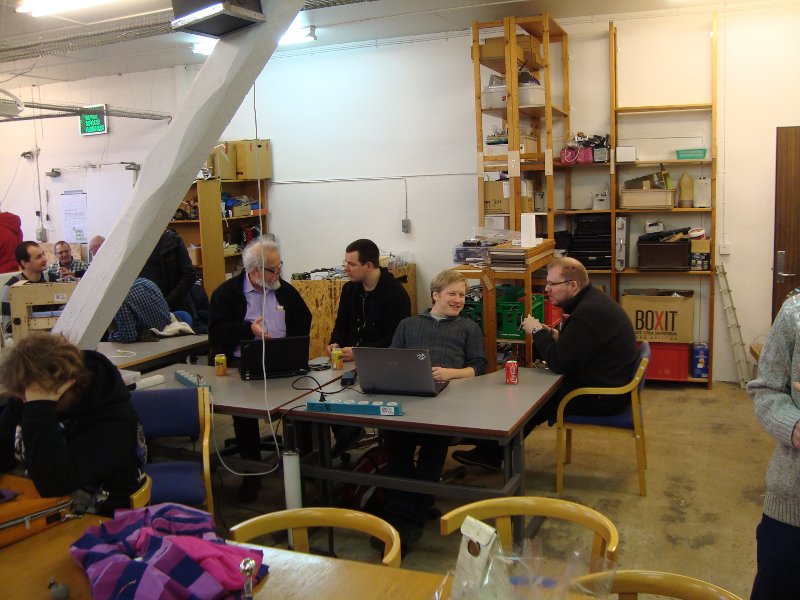
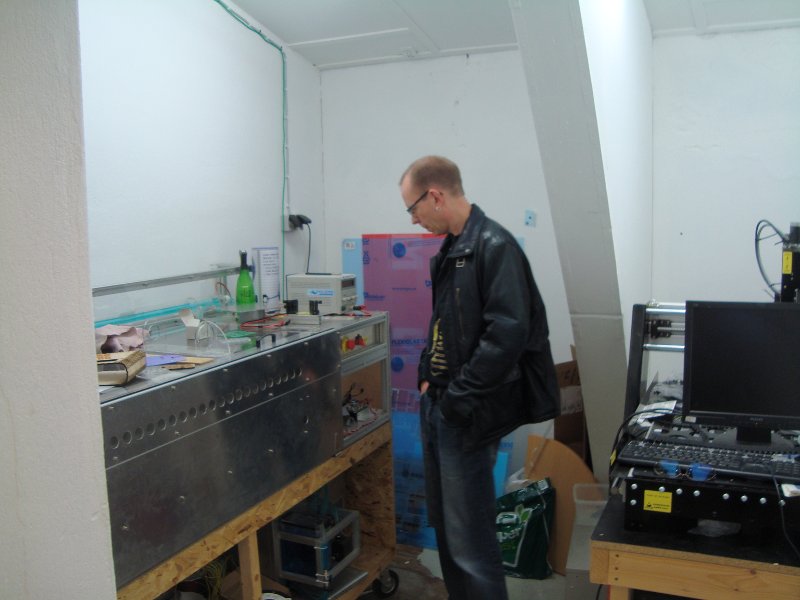
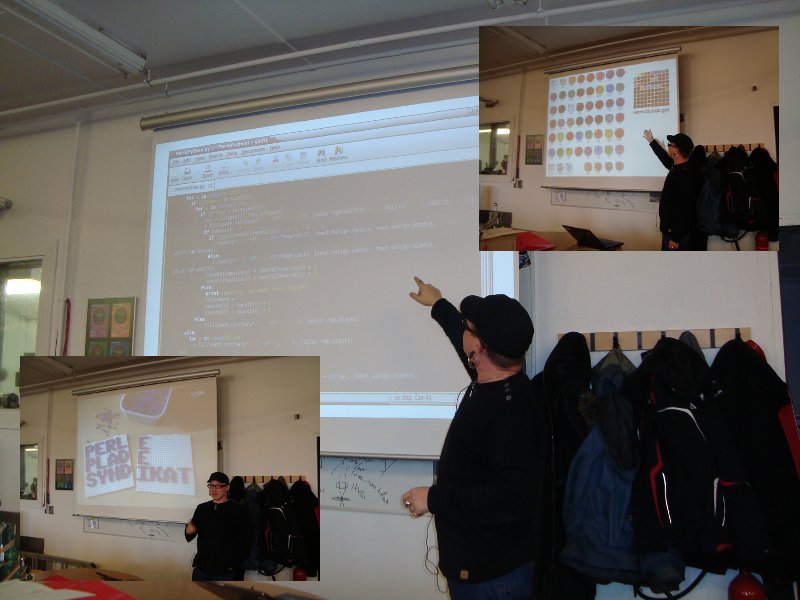
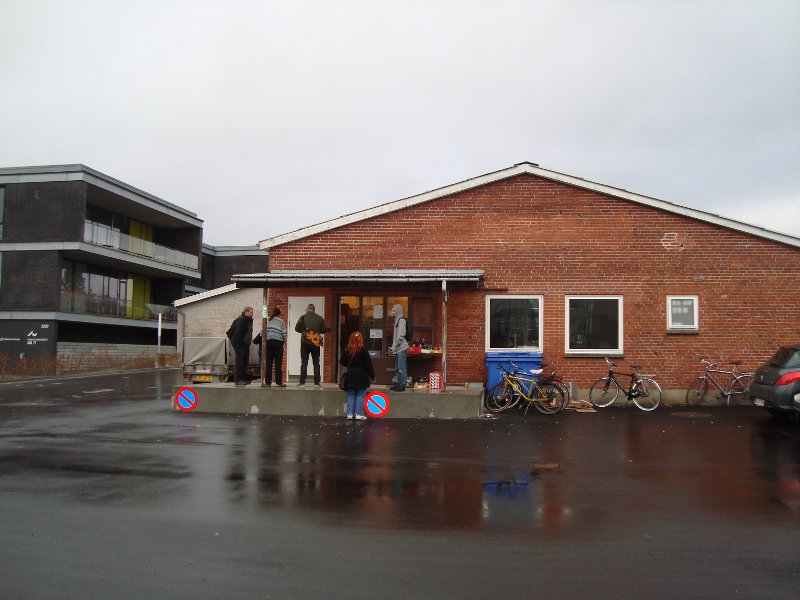
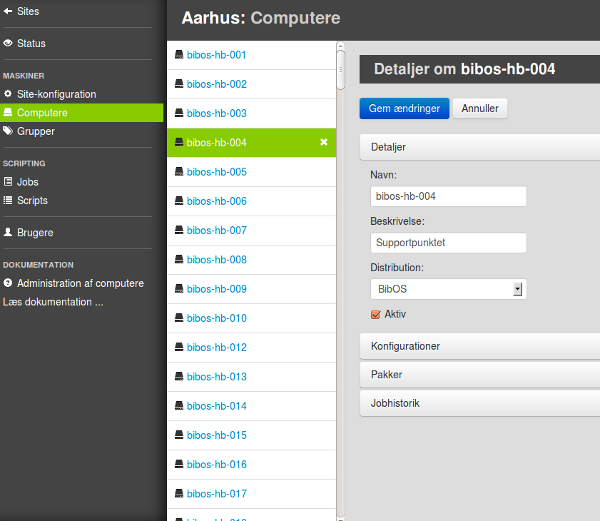
![[ Celebrate 30 years of GNU! ]](https://static.fsf.org/nosvn/misc/GNU_30th_badge.png)
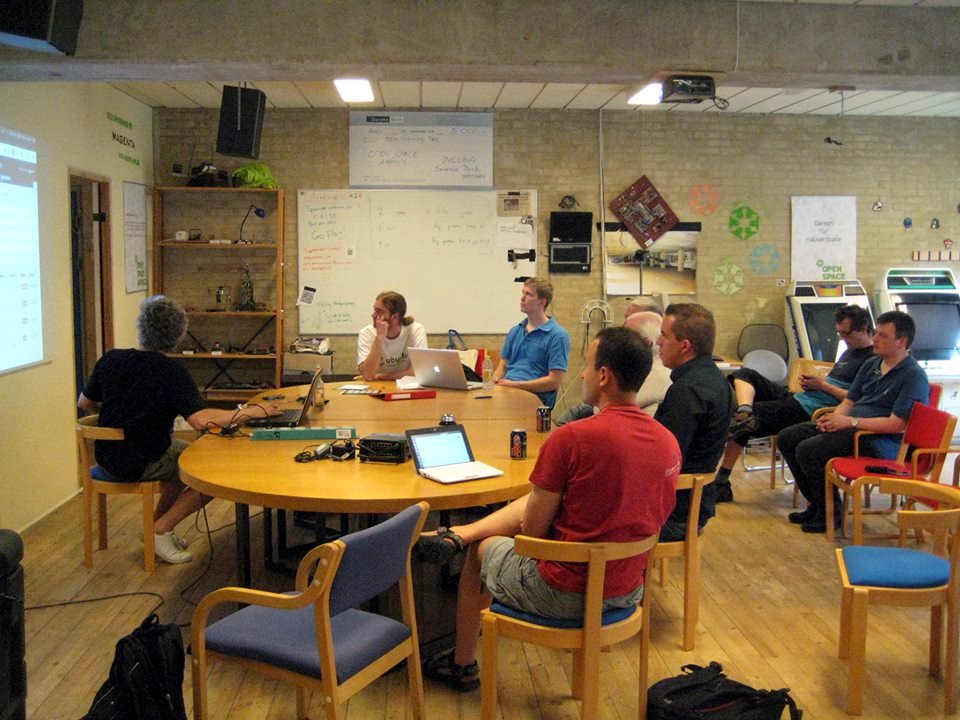
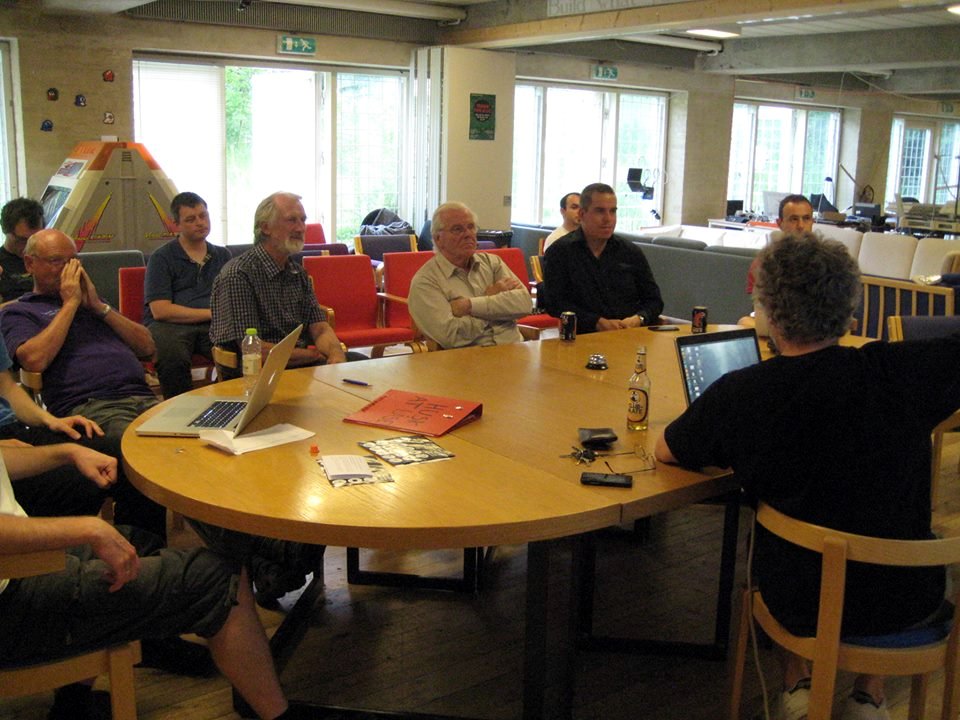
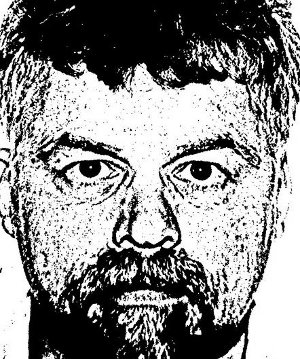 Hi there, and welcome to my new blog at Free Software Foundation Europe. I joined the FSFE as a paying member very recently, though I’ve been following the discussions on the mailing list for years.
Hi there, and welcome to my new blog at Free Software Foundation Europe. I joined the FSFE as a paying member very recently, though I’ve been following the discussions on the mailing list for years.